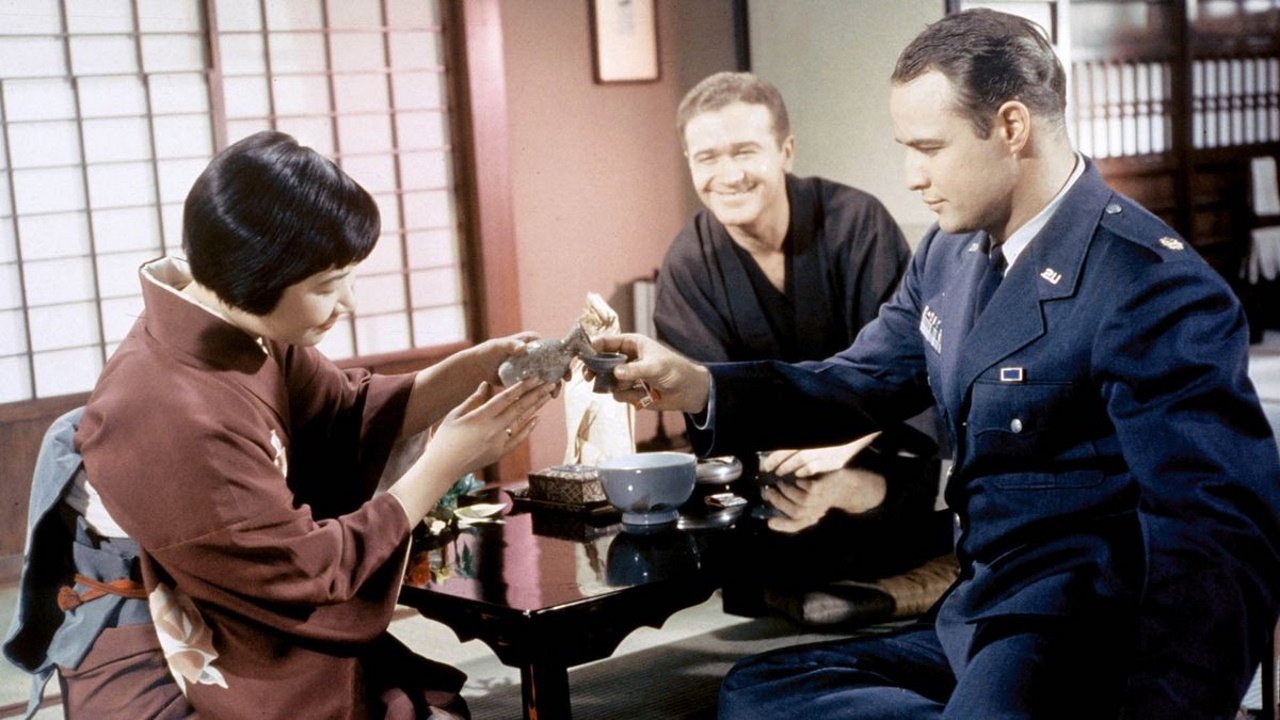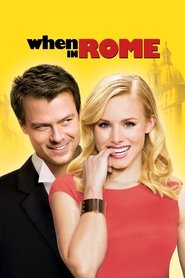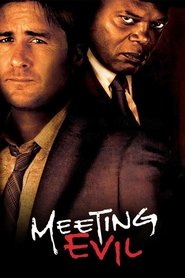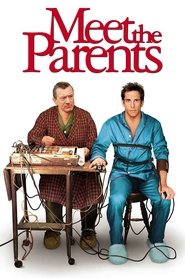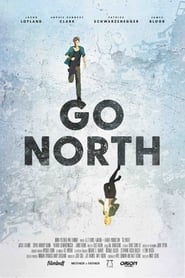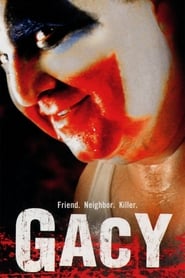
Video Sources 0 Views
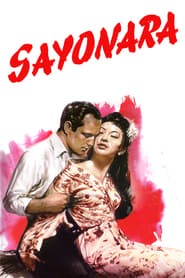
Synopsis
Watch: Sayonara 1957 123movies, Full Movie Online – Major Lloyd Gruver, a Korean War flying ace reassigned to Japan, staunchly supports the military’s opposition to marriages between American troops and Japanese women. But that’s before Gruver experiences a love that challenges his own deeply set prejudices… and plunges him into conflict with the U.S. Air Force and Japan’s own cultural taboos..
Plot: Air Force Major Lloyd Gruver (Marlon Brando) is reassigned to a Japanese air base, and is confronted with US racial prejudice against the Japanese people. The issue is compounded because a number of the soldiers become romantically involved with Japanese women, in defiance of US military policy. Ordinarily an officer who is by-the-book, Gruver must take a position when a buddy of his, an enlisted man Joe Kelly (Red Buttons) falls in love with a Japanese woman Katsumi (Miyoshi Umeki) and marries her. Gruver risks his position by serving as best man at the wedding ceremony.
Smart Tags: #interracial_marriage #female_impersonator #father_daughter_relationship #reference_to_ferenc_molnar #all_female_theatre_troupe #fundoshi #asking_for_forgiveness #cultural_difference #kabuki_makeup #u.s._military #war_hero #kabuki_theatre #year_1951 #north_american_f_86_sabre #physical_exam #douglas_dc_3 #racism #saluting #kabuki #korean_war_ace #de_havilland_canada_dhc_4_caribou
Find Alternative – Sayonara 1957, Streaming Links:
123movies | FMmovies | Putlocker | GoMovies | SolarMovie | Soap2day
Ratings:
Reviews:
Good filming of famous Michener novel
James Michener, himself a U.S. veteran of the Pacific war and married to a Japanese, wrote one of his earliest novels on the then controversial subject of romance among the former enemies. The novel follows two Americans who romance Japanese women, one with tragic results. The film gives a nice colorful richness to life in Kabuki theatre, post-war Japan and the USAF. Production design and costuming are first rate and lend the appropriate note of exoticness to the culture clash plot line. It is interesting that the script balances American bigotry toward the Japanese off against Japanese attitudes toward Americans. Miiko Taka lacks some credibility in the role of a famous entertainer – she neither dances nor sings particularly well – who in the book is almost a national treasure, leading to a scandal when she gets involved with an Air Force officer, Brando, who is very good here in a rare straight romantic role.
Review By: dave13-1
A great post-war story of prejudices, conversion and love set in Japan
Set in 1951 during the Korean War, “Sayonara” is a great film with a great cast. It’s a love story and drama that deals directly with prejudice and racism, especially in the years following World War II. The racial prejudice is mostly among the upper classes of both Americans and Japanese, with a focus on the Americans. The plot has two love stories the overlap. One is of an American enlisted man who wants to marry a Japanese girl. The other is of an American officer whose inbred prejudice is overcome with love.The film is based on the 1954 novel of the same title by James Michener. He had served in the Navy in various places of the South Pacific during WW II. “Sayonara” was a smashing box office success and won four Oscars out of 10 nominations in the 1958 Academy Awards. That was in a year (1957) of exceptionally tough competition. “The Bridge on the River Kwai” won seven Oscars including best picture and Alec Guinness as best actor. Among other great films were, “A Farewell to Arms,” “Peyton Place,” “The Three Faces of Eve,” “Wild is the Wind,” “Raintree County,” and “The Enemy Below.”
“Sayonara” has a superb cast, all of whom give excellent performances. Marlon Brando is Major Lloyd Gruver, the son of a four-star Army general. He is an ace pilot in the recently established U.S. Air Force – from the former Army Air Forces of WW II. After his seventh downed enemy plane, he is reassigned to Japan. Patricia Owens plays his fiancé, Eileen Webster, whose father is a three-star general and in command of the American forces in Japan. Lloyd has put off their marriage because “there’s a war on.”
After he tries to dissuade Airman Joe Kelly in his unit not to marry a Japanese girl, Lloyd agrees to stand up for his wedding. Red Buttons plays Kelly and Myoshi Umeki plays Katsumi, his wife. They deserved their supporting actor and actress Oscars for their performances. Umeki was born in Japan and became the first Asian to receive an Academy Award. She had been a recording artist before this, and later starred on Broadway and cinema as Mei Li in “Flower Drum Song,” where she sang and made popular the tune, “A Hundred Million Miracles.”
A colonel tells Lloyd that some 10,000 servicemen have married Japanese girls, even though they cannot take them back to the States. As he learns more, Lloyd’s prejudice begins to fade. It comes to a crashing halt after his second encounter and friendship with Marine Corps Captain Mike Bailey. James Garner plays Bailey. He has dated a dancer from the famous all-female Takarazuka theater. Bailey shows Gruver around and educates him on the Japanese theater culture.
Lloyd and Eileen attend a performance in the Kabuki theater, the centuries-old all-male traditional Japanese theater. Then, Lloyd sees Hana-Ogi and starts showing up daily to greet, meet, and eventually date the star of the Takarazuka theater. Japanese-American actress Miko Taka plays Hana-Ogi in her very first movie. She has hatred for Americans because her parents were killed in the bombings of Japan and for what she had heard in propaganda about Americans. But that, too, melts when she tells Lloyd that what she has seen and learned of Americans since the war is not what she had been led to believe.
Ricardo Montalban leads the rest of an excellent supporting cast. He is the only person who is not Asian playing a Japanese part. And, he is excellent as Nakamura, the leading male star of the Kabuki theater. Martha Scott, as Eileen’s mother, Mrs. Webster, portrays an upper crust prejudiced American woman that was probably an accurate reflection of many in that segment of U.S. society in the mid-20th century. Kent Smith plays General Webster. A number of other actors, American and Japanese, fill out the supporting cast superbly.
The all-female Takarazuka theater is much younger than the all-male Kabuki theater. It also does traditional Japanese drama. But, it also performs adaptations of Western musicals. It has a chorus line similar to the Radio City Rockettes of New York. The movie has wonderful brief scenes of some of the Kabuki and Takarazuka performances. I have attended traditional stage shows in Korea and China, but didn’t go to the live theater in two trips to Japan.
The film has splendid scenery, especially of the pastoral settings and gardens around the central area of mainland Japan. Most of the filming there was around Kyoto, Kobe and environs. Kyoto is the ancient capital of Japan. It is a very historic and beautiful place. It is a cultural and traditional center with many Shinto shrines and Buddhist temples. I visited Kyoto in 2001 and walked the Philosopher’s Path along the canal off the Takano River in the NE of the city. The film might have included some short scenes of other historic sites such as the Kyoto Imperial Palace and National Garden, and Honen-in Temple or other landmark places.
History buffs will note the brief film scenes and references to Itami Air Base and Camp Kobe. These were some of the places operated by American forces near Kyoto, during the post-war occupation of Japan.
I haven’t read Michener’s novel, but note that other reviewers have pointed out that the film has a different ending than the book. I think most people will like the ending to the film. After a story that includes a sad tragedy, an uplifting ending with an optimistic outlook is spot on.
Review By: SimonJack
Other Information:
Original Title Sayonara
Release Date 1957-12-25
Release Year 1957
Original Language en
Runtime 2 hr 27 min (147 min)
Budget 0
Revenue 0
Status Released
Rated Not Rated
Genre Drama, Romance
Director Joshua Logan
Writer Paul Osborn, James A. Michener
Actors Marlon Brando, Ricardo Montalban, Patricia Owens
Country United States
Awards Won 4 Oscars. 8 wins & 18 nominations total
Production Company N/A
Website N/A
Technical Information:
Sound Mix 4-Track Stereo (RCA Sound Recording)
Aspect Ratio 2.35 : 1 (35 mm prints), 2.25 : 1 (negative ratio)
Camera N/A
Laboratory Technicolor, Hollywood (CA), USA (color)
Film Length 4,060 m (Italy)
Negative Format 35 mm (horizontal)
Cinematographic Process Technirama (anamorphic)
Printed Film Format 35 mm (Eastman Color Print Film, Type 5382), 35 mm (Technicolor Dye Transfer prints), 35 mm
Original title Sayonara
TMDb Rating 6.733 103 votes
Director
Director


